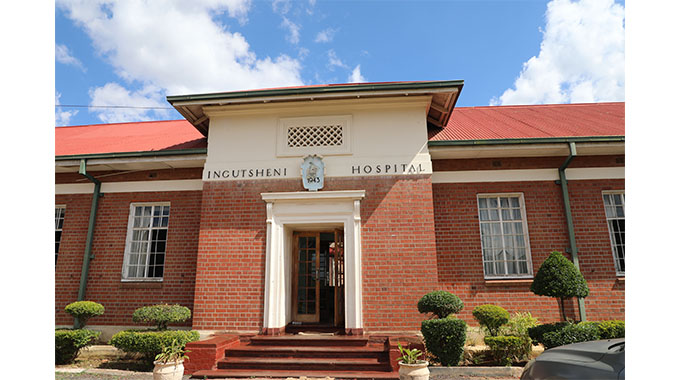Villagers resist distribution of condoms in schools

This came out during a two-day media training and briefing workshop on sexual reproductive health for adolescents and young people organised by the Southern Africa HIV and Aids Information Dissemination Service (SAfAIDS) in Gweru.
The programme involved a field visit to Chiwundura Ward 10, about 50km outside Gweru where Enkundleni/Men’s Forum had organised a talk session with members of the community on adolescence and reproductive health.
Enkundleni/Men’s Forum and SAfAIDS are partners in awareness programmes.
Participants who included villagers, teachers and traditional leaders under Chief Gambiza’s area said the country’s future on eradication of sexually transmitted diseases depended on parents teaching youths against early and pre-marital sex.
They challenged parents and the elderly in communities to have dialogue with youths on sexual behaviour if the country was to succeed in fighting HIV and Aids.
There were, however, mixed feelings on giving condoms to schoolchildren with some of the participants claiming that would fuel prostitution in youths.
The Gweru District promotional health coordinator in the Ministry of Health and Child Welfare, Mrs Irene Zvenyika, said there was a need for parents to break cultural taboos and discuss sexual health issues with their children.
She challenged parents to start equipping themselves with modern communication methods to be able to catch the attention of youths who now depend on Information Communication Technology.
“We know that it was taboo for parents to talk about sex in the presence of their children but families should form Household Action Committees (HAC) to discuss sexual behaviour at home.
“Parents should sit down with their children and teach them about sexual behaviour and advise them against early and pre-marital sex,” said Mrs Zvenyika.
“Modern-day parents should start familiarising with modern technology to be able to catch the attention of youths who now depend on ICTs.”
She said parental guidance was the missing link in the fight against HIV and Aids, hence the need for parents and guardians to teach and advise their children on the dangers of unprotected pre-marital sex.
While the majority of participants concurred that behavioural change should be effected from within families, some challenged the idea of giving condoms to youths especially in school, saying that promoted early sex and prostitution.
Mr Smart Ngwegwe (69) said condoms should not in any way be introduced at school.
“We cannot come here so that you tell us about giving condoms to children. What advice are you giving? Condoms should not be given because we are encouraging children to indulge in prostitution,” said Mr Ngwegwe.
He concurred that parental guidance was critical but said condoms should be out of the equation.
Chief Gambiza said people should embrace both modern and traditional practices to be able to eradicate the disease.
“It is difficult to go back to our old traditional culture because parents are no longer playing their advisory and supervisory roles.
“Families should be able to sit down and have open discussions about reproductive health,” said Chief Gambiza.
The head of St Patrick’s High School, Mr Stephen Madehwe, said condoms should only be given to the sexually active, even at schools.
“Those who are sexually active should be given condoms because they are a preventive measure. However, condoms should not be given to those who are not yet sexually active,” he said.
The workshop is meant to create awareness and equip journalists with changing trends in sexual reproductive health in adolescents.











Comments